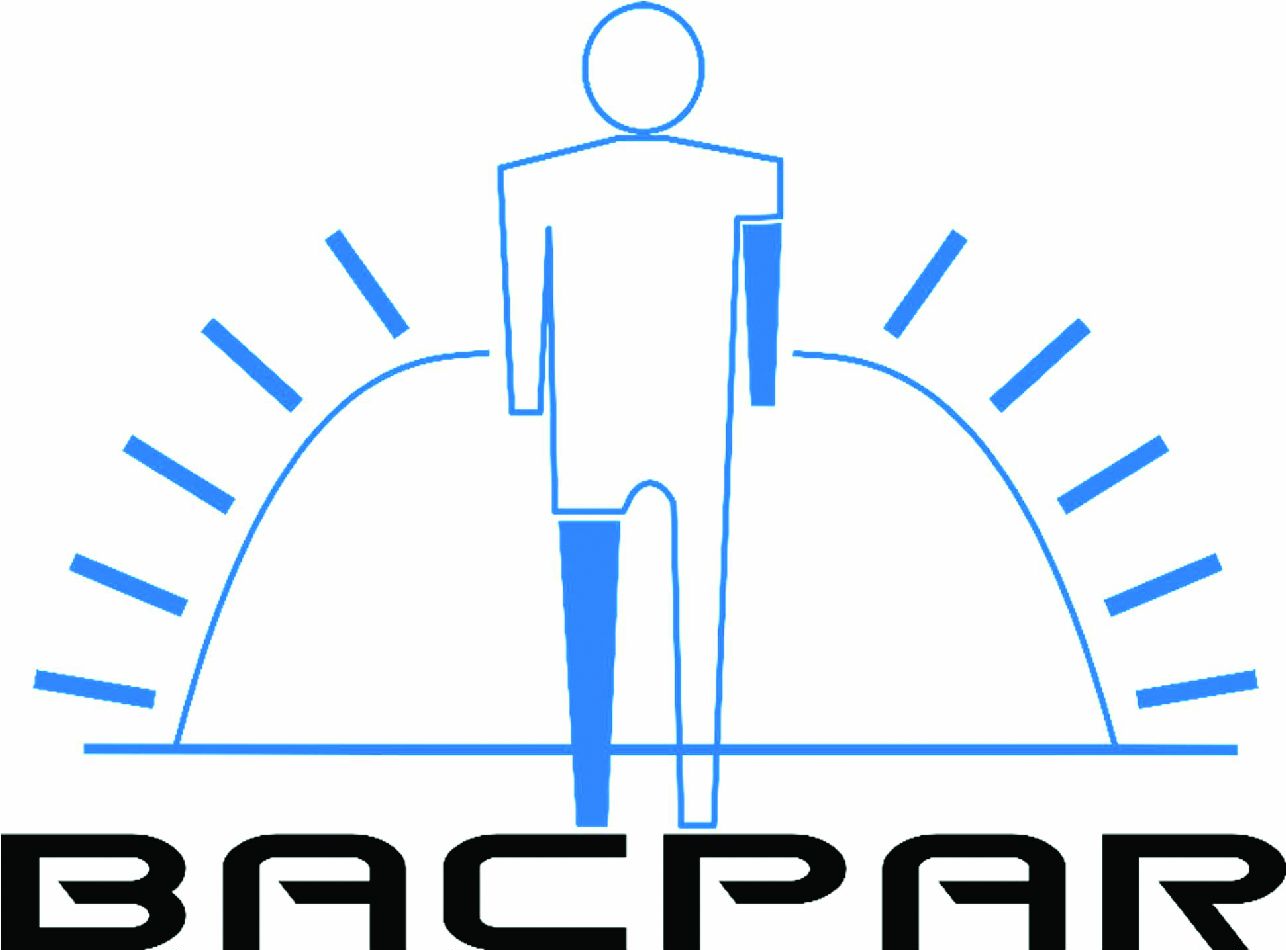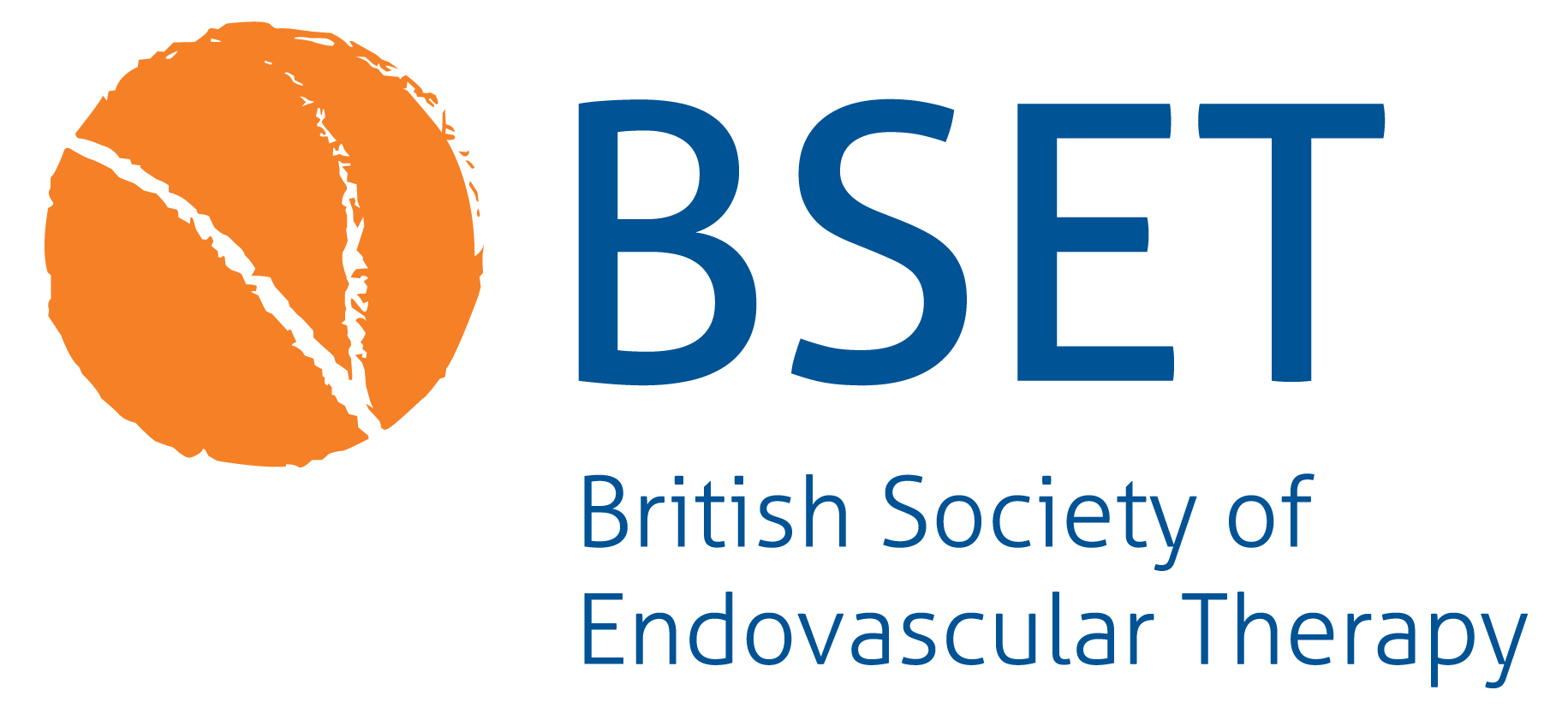exercise therapy
Changes in functional health status following open abdominal aortic aneurysm repair and the role of exercise-based rehabilitation: a systematic review
Introduction Patients with abdominal aortic aneurysms (AAA) are usually older adults with widespread atherosclerosis and considerable cardiovascular risk factors.1–3 As a result, open surgical repair is associated with significant perioperative morbidity which may require a prolonged inpatient or intensive care stay.4,5 The associated metabolic and cardiopulmonary challenges may have substantial resultant consequences on functional status…
Read MoreSupervised exercise therapy apps for claudication
Peripheral arterial disease (PAD) has been recognised as a healthcare burden affecting up to 5.56% of the global population over 25 years of age.1 Intermittent claudication (IC) is often debilitating and results in reduced physical activity which is associated with increased cardiovascular disease and all-cause mortality.2,3 Early identification and management of PAD is essential to…
Read MoreChanges in functional health status following open abdominal aortic aneurysm repair and the role of exercise-based rehabilitation: protocol for a systematic review and meta-analysis
Introduction Abdominal aortic aneurysm (AAA) repair may be associated with significant perioperative respiratory, cardiac, distal arterial or renal complications, which might necessitate a prolonged intensive care or hospital stay.1–3 In addition, patients with AAA are frequently elderly with widespread atherosclerosis, cardiovascular risk factors and comorbidities.4-8 This, in combination with the fact that AAA repair is…
Read MoreThe future of exercise therapy for people with intermittent claudication?
National Institute for Health and Care Excellence (NICE) guideline 147 recommends supervised exercise therapy (SET) for all patients with intermittent claudication, consisting of 2 hours of SET per week for a 3-month period.1 This is supported by good evidence from Cochrane reviews2,3 that SET shows improvement in mean walking performance compared with home-based exercise and…
Read More










